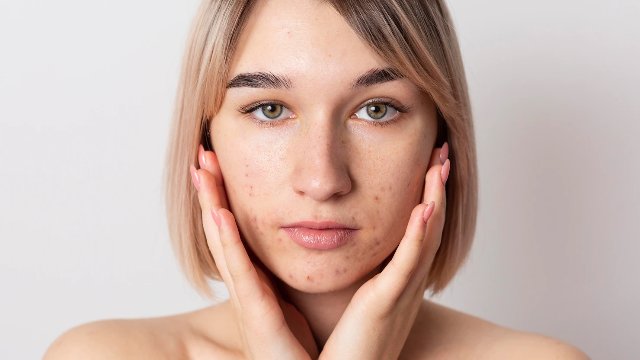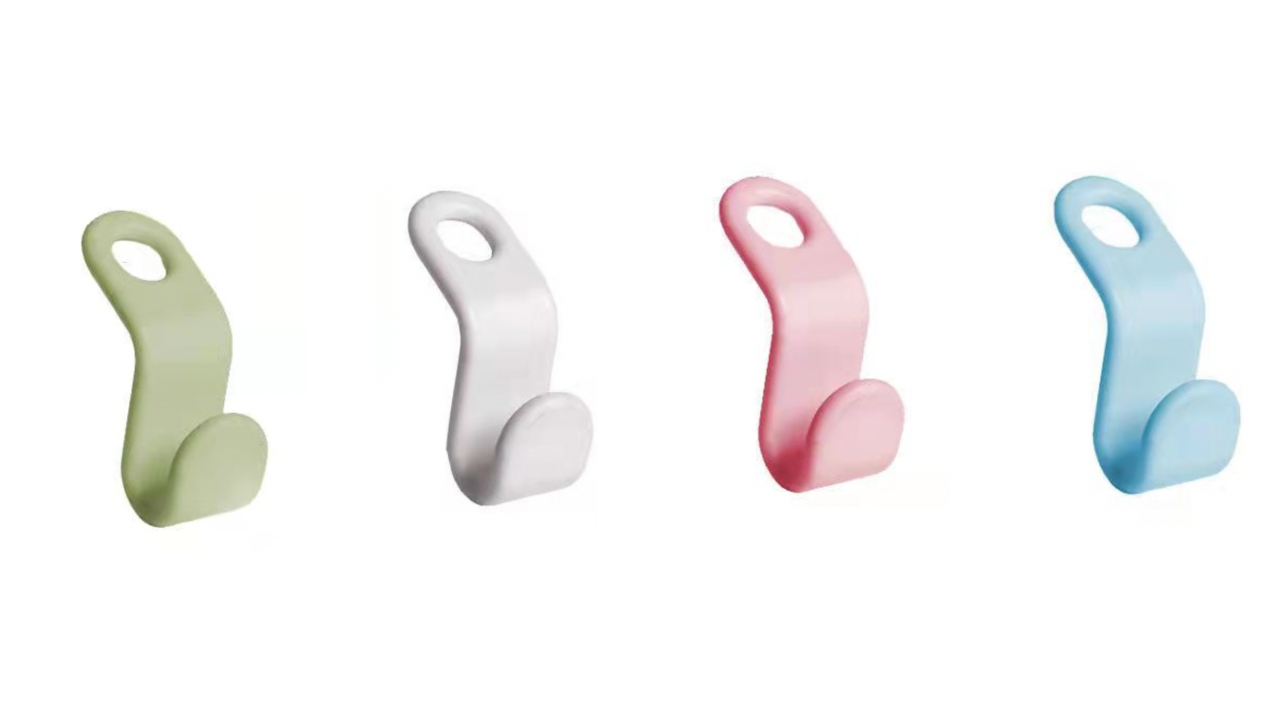
In winter, many people will have dry mouth, dry eyes and dry skin for a long time with unknown reasons. They feel that no matter how much water they drink, they can not alleviate the dry symptoms. People often attribute the causes to fire or dry weather.
In fact, these dry symptoms may indicate that the immune system of the body is in disorder. Sometimes, it is not water supplement that is not in place, but Sjogren's syndrome. So, today, I will take you to know what is "Sjogren's syndrome"!
Sjogren's syndrome
Sjogren's syndrome is a chronic inflammatory autoimmune disease characterized by decreased secretion of lacrimal and salivary glands.
The pathogenesis may be related to a variety of autoantigens, foreign antigens and sex hormones, such as genetics, infection, environment and other factors can participate in the pathogenesis.
Sjogren's syndrome is common in women. The cause of Sjogren's syndrome is unknown so far. The onset of Sjogren's syndrome is often insidious, and it is chronic and progressive. It can involve various systems of the body. The clinical manifestations are diverse, and the symptoms vary in severity.
For example, early detection and correct treatment can prevent the damage of mouth, eyes, kidney, lung, liver and other organs caused by long-term dryness, without serious harm and consequences.
Common clinical manifestations
Dry mouth: mainly manifested as insufficient saliva secretion. There may be sticky saliva, dry throat, hoarseness, and dry cough. The patient will feel dry mouth and tongue. When eating biscuits and other foods, if they do not drink water at the same time, they will feel difficult to chew and swallow. In serious cases, they need to drink water from time to time.
Because the secretion of the oral salivary glands is reduced, the oral cavity is prone to bacterial growth. In a short period of time, patients will have a large number of tooth decay, tooth decay pieces fall off, and finally only residual roots remain, which is clinically known as rampant teeth. Oral candidiasis often occurs.
Dry eyes: mainly manifested as dry, itchy, painful, burning or foreign body sensation in both eyes. Especially in the evening, the lack of tears often causes blurred vision, photophobia, conjunctival congestion, corneal turbidity, erosion and ulcers. It is called keratoconjunctivitis sicca, and is prone to bacterial and fungal infections.
Dry nasal cavity: mainly manifested as crusting, epistaxis, nasal septitis and atrophic rhinitis.
Dry skin: half of the patients with Sjogren's syndrome have dry skin at the same time, and about 1/4 of them have skin scaling.
In addition, women may also have local itching inflammation and dysfunction of vaginal mucosa, anus and rectal mucosa.
Sjogren's syndrome can also affect extraglandular organs, including joints, thyroid, lung, liver, pancreas, kidney and skin, and even involve the nervous system. It has complex clinical manifestations, and can be accompanied by organ damage in severe cases.

Prevention and treatment
At present, there is no radical cure for Sjogren's syndrome, and the treatment is mainly to relieve symptoms and prevent the development of the disease.
Skin care: Wipe the skin with warm water regularly every day, and apply moisturizers to prevent the skin from cracking; Wash and change clothes and bedding frequently; Use less alkaline soap.
Eye care: take more rest and blink frequently; When the eyes are dry, artificial tear drops can be used; Wear sunshade or windproof glasses when going out; When sleeping, you can use normal saline gauze to cover your eyes; Don't rub your eyes with your hands; Reduce the time spent watching TV, computers and mobile phones.
Nasal care: You can use saline or nasal drops to drip your nose. Don't pick your nose.
Lip and oral care: drink water for many times in small mouth; Apply lipstick; Quit smoking and drinking, pay attention to oral health, and check oral health regularly.
Diet: It should be light and easy to digest. Eat more food that can nourish yin, clear heat and stimulate fluid. You can eat some fresh fruits and vegetables, lean meat and vegetable protein, food with healthy fat, and try to avoid saturated fat, added sugar, excessive sodium, spicy and stimulating food.
People with severe xerostomia need to avoid eating crunchy food, such as dry or hard food, such as biscuits, bread or meat, and sticky food, such as peanut butter.
In case of serious oral health problems, such as missing, falling off and loose teeth, patients can choose foods that are softer, higher in carbohydrate content and easier to chew.
In the absence of saliva, avoid eating sugar food, because sugar is easy to adhere to the teeth, which will increase the risk of bacterial proliferation and dental caries. Avoid sugary drinks, such as soda water, fruit juice, sweetened iced tea, coffee and any acidic drinks, as these drinks can promote tooth decay and enamel erosion.
Dry mouth and dry eyes are not necessarily Sjogren's syndrome, for example, dry mouth, dry eyes and dry skin are easy to occur in the current season; Others, such as diabetes and thyroid diseases, also have similar symptoms. However, if the patient has symptoms such as xerostomia for 3 months and parotid gland enlargement, he or she needs to go to the specialized outpatient clinic of a regular hospital to make a diagnosis, and if confirmed, he or she should be treated in time!
Popular Articles
-
What benefits will you reap from jogging 5 km a day?

-
 Several expressions of emotional anxiety, see if you are hit
Several expressions of emotional anxiety, see if you are hitMay 21, 2025
-
 Cold mixed chrysanthemum for clearing heat and removing fire
Cold mixed chrysanthemum for clearing heat and removing fireMay 21, 2025
-
 Explosive and useful 4 pieces of home goodies recommended to improve the quality of life, decorate your cozy nest
Explosive and useful 4 pieces of home goodies recommended to improve the quality of life, decorate your cozy nestMay 21, 2025
-

Photos
The world's most beautiful big cities at nightMay 21, 2025
-
 Allows you to hang more clothes in your closet
Allows you to hang more clothes in your closetMay 21, 2025







Comments
0